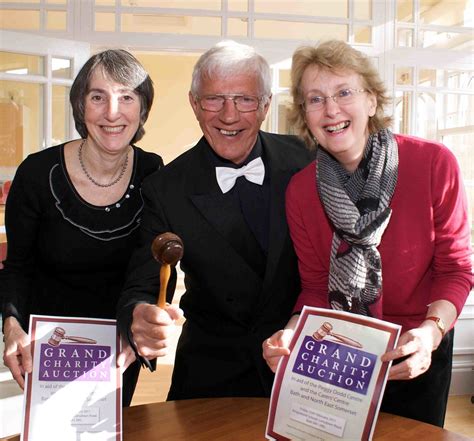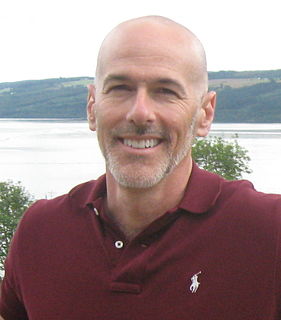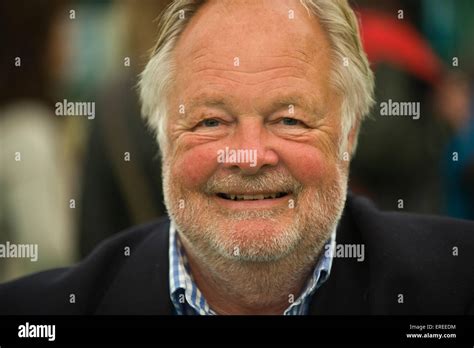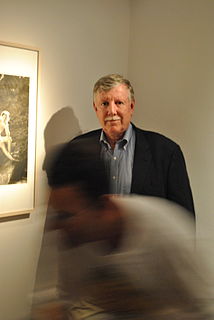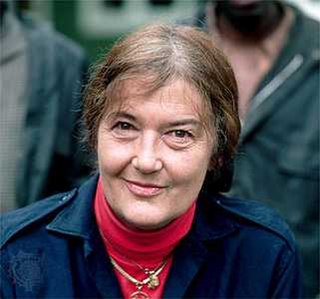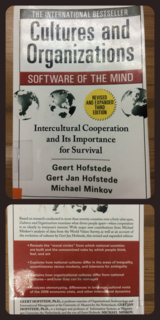A Quote by Rosy Cole
Aberjhani's writing blows the mind and frees the psyche of any rigid assumptions about ancestral heritage. Here, our collective experience is starkly rendered. The transparency of one culture overlays another, and another, to form the daguerreotype of possibilities that is homo sapiens, interacting, almost like the elements themselves, with the created world and modified only by context and its imperatives.
Related Quotes
Evolving life must experience a vast range of possibilities, based on environmental histories so unpredictable that no realized route - the pathway to consciousness in the form of Homo sapiens or Little Green Men, for example - can be construed as a highway to heaven, but must be viewed as a tortuous track rutted with uncountable obstacles and festooned with innumerable alternative branches. Any reasonably precise repetition of our earthly route on another planet therefore becomes wildly improbable even in a trillion cases.
Life is a continuous flux. Our nonhuman ancestors bred, generation after generation, and incrementally begat what we now deem to be the species homo sapiens - ourselves. There is nothing about our ancestral line or about our current biology that dictates how we will evolve in the future. Nothing in the natural order demands that our descendants resemble us in any particular way. Very likely, they will not resemble us. We will almost certainly transform ourselves, likely beyond recognition, in the generations to come.
Putting Instagram into a different context is about rescuing it from the tyranny of now, taking it back from the muddy river that everyone is pouring things into. As a poet, as a thinker, as an artist, I believe there's another way to experience the world, and another way to experience time.It can't all just be public relations and branding; it's about making meaning with signs around you.
Human beings are not inevitable, and our brief existence is not preordained to be extended into the distant future. If Homo sapiens is to have a continued presence on earth, humankind will reevaluate its sense of place in the world and modify its strong species-centric stewardship of the planet. Our collective concepts of morality and ethics have a direct impact on our species' ultimate fate.
None of the three great apes is considered ancestral to modern man, Homo sapiens, but they remain the only other type of extant primate with which human beings share such close physical characteristics. From them we may learn much concerning the behavior of our earliest primate prototypes, because behavior, unlike bones, teeth, or tools, does not fossilize.
The paradox of the human condition is expressed more in education than elsewhere in human culture, because learning to learn has been and continues to be Homo Sapiens' most formidable evolutionary task... It must also be clear that we will never quite learn how to learn, for since Homo Sapiens is self-changing, and since the more culture changes the faster it changes, man's methods and rate of learning will never quite keep pace with his need to learn.
Every culture from the Egyptians to the Mayans to the American Indians to the Bedouins created bestiaries that enabled them to express their relationship with nature. Ashes and Snow is a 21st-century bestiary filled with species from around the world. Nature’s orchestra includes not just Homo sapiens but elephants, whales, manatees, eagles, cheetahs, orangutans, and many others.
The humanity and the humility, which are very different than the biological species homo sapiens. Humanity versus homo sapiens - very different things. We are biological creatures, we are animals, no doubt, but when you talk about "humando," you're talking about that particular kind of animals who are aware of their impending extinction, who have the capacity to be sensitive to catastrophe and disaster and calamity and profound crisis.
My encounter with another world and another culture and the beginnings of an attachment to them had set up an irritation, barely perceptible but incurable-rather like unrequited love, like a symptom of the hopelessness of trying to grasp what is boundless, or unite what cannot be joined; a reminder of how finite, how curtailed, our experience on earth must be
